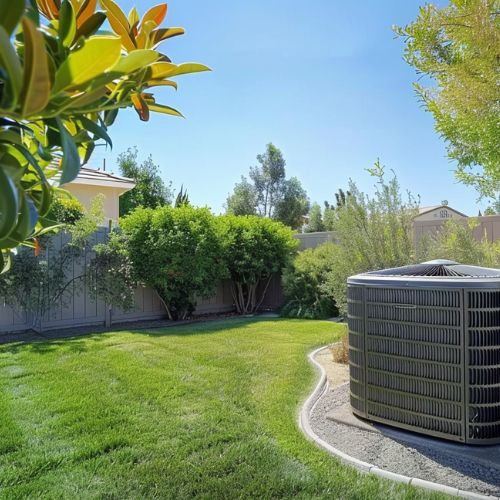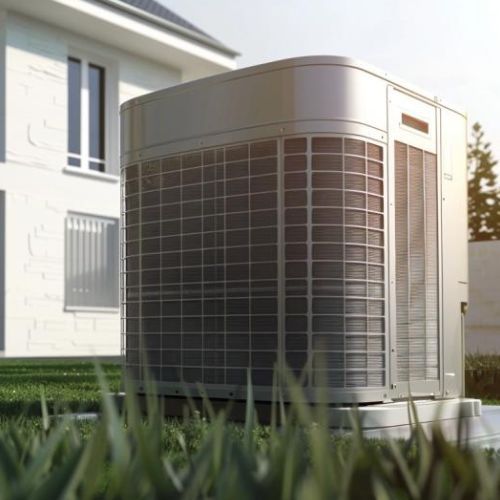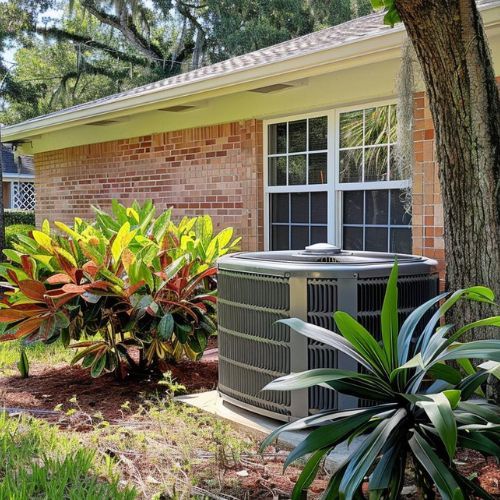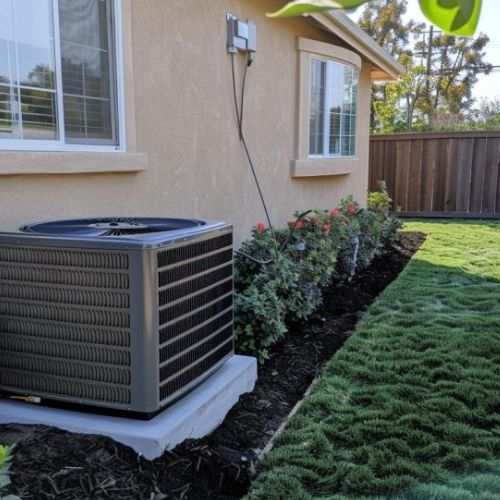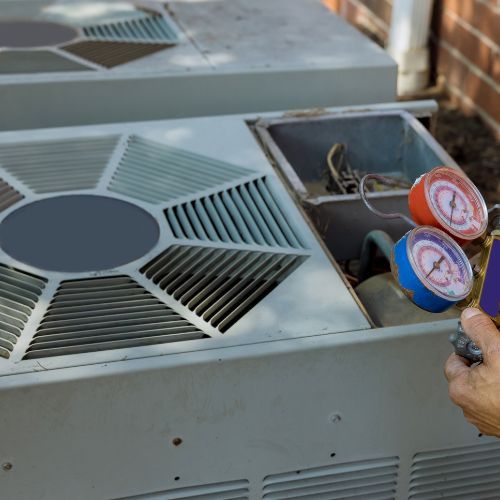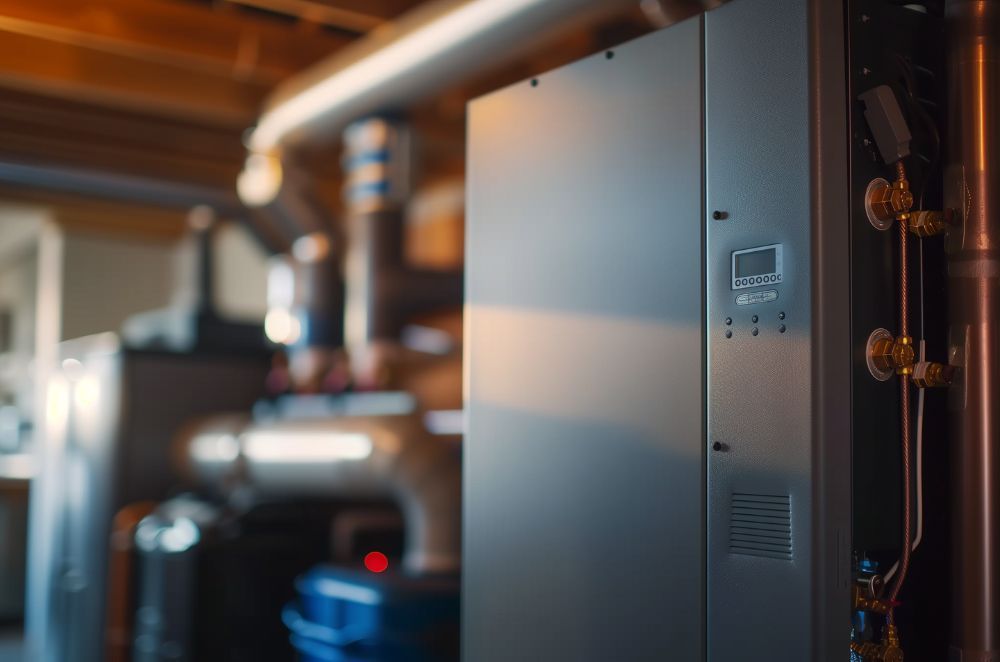Chill Out With Expert Tips on AC Installation
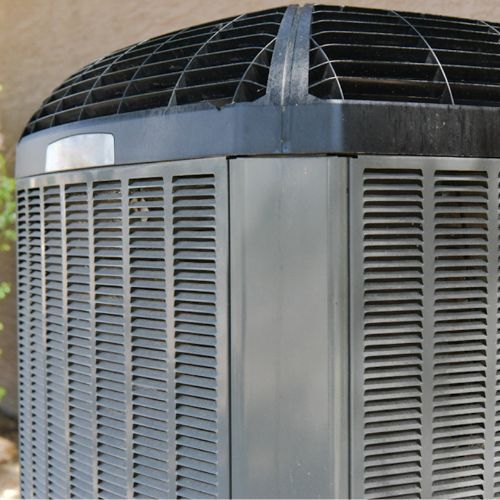
Table of Contents
ToggleTL;DR: Installing an AC system improves comfort, but it’s complex. Understand AC types and prioritize energy efficiency. Prepare by clearing the area and checking electrical connections. During installation, communicate with installers and ensure proper unit placement. Afterwards, prioritize maintenance. Rely on experts for installation due to technical expertise, safety, building code compliance, warranty coverage, and long-term efficiency. Contact Elevated Comfort for professional AC installation and maintenance.
Installing an air conditioning (AC) system in your property’s indoor area is a good strategy to improve comfort and efficiency. However, this process is known to be a bit complex – from choosing the most suitable unit to ensuring its ideal operation.
Many Americans living in states like Florida and Texas experience extremely high temperatures during the summer months. Thus, the demand for air conditioners all over the country has significantly increased, with more than 90% of the households having at least one cooling unit.
While air conditioners are the most commonly used cooling units, they require professional installment and maintenance care. This article tells you how you can chill out with expert tips on AC installation. We’ll guide you through the entire AC installation process, ensuring that you make the right decision and avoid common pitfalls.
Advantages and Applications of Various AC Systems
There are several types of AC systems, each with its own unique characteristics. Here’s a brief explanation of each to make your decision-making process easier:
- Split Systems. Ideal for cooling individual rooms, they consist of outdoor and indoor units. They’re efficient, relatively easy to install, and don’t need ductwork.
- Central Air Conditioning. Most suitable for large spaces or whole homes, requiring ductwork to distribute cool air. This system is more expensive but offers a uniform cooling solution.
- Window Units. Suitable for small spaces or as a temporary solution. They involve the lowest investment and the easiest installment but are less efficient and more visible.
- Portable ACs. These stand-alone units are nothing if not versatile and can be moved from one space of your house to another. However, they’re generally less efficient and more suited for temporary or supplemental cooling.
Energy efficiency is vital for environmental reasons but also for helping you reduce your electricity bills. Check if the unit you’re planning to install has a good SEER rating. When the SEER rating is higher, it signifies better energy efficiency. While a high-efficiency unit might be more expensive, you need to consider the long-term savings, which can be substantial.
It’s also important to note that an undersized unit will struggle to cool the space adequately, while an oversized unit can lead to increased humidity, higher energy bills, and frequent on-off cycling that can prematurely wear down the system.
Preparing for Installation
Before the installation day, the following steps can help you ensure a smooth process:
- Clear the Area. Provide clear access to the installation site by moving furniture, decorations, or any obstructions.
- Check Electrical Connections. Ensure that your electrical system is compatible with the new AC unit. Older houses are more likely to require an electrical system upgrade.
- Consider the Ductwork. For central AC systems, inspect existing ductwork for leaks or insulation issues. Repairing or upgrading ductwork can improve system efficiency.
During & After Installation
When the day of installation comes, you’d like to keep these few things in mind:
- Communicate With the Installers. Discuss any concerns or specific requirements you might have. For example, if there are quiet areas in your home where you would prefer not to be able to hear the outdoor unit.
- Ensure Proper Placement. The AC functionality may depend on where the indoor and outdoor units are located. Outdoor units should be placed in a shaded, well-ventilated area, while indoor units should allow for optimal air distribution.
After installation, a reputable installer will perform a thorough check to ensure the system is working correctly, including airflow, refrigerant levels, and electrical connections.
Maintenance Is Key
After installation, you must maintain the AC unit to ensure it runs efficiently. Change or clean filters regularly to prevent air pollution and schedule professional maintenance annually. These steps can make your AC last longer, improve its performance, and prevent costly repairs.
The Importance of Relying on Experts During AC Installation
While it might be tempting to install an AC unit yourself, especially if it’s a window or portable unit, for more complex systems like split or central AC, we strongly recommend professional installation.
Experienced technicians can ensure proper AC installation, efficient operation, and local building code and manufacturer guideline adherence. Improper AC installment can result in inefficient operation, increased energy wastage, and even system failure.
Relying on experts during the installation of an air conditioning (AC) system is a clever approach. This process involves more than just placing and connecting a unit. It requires a deep understanding of system design, electrical work, refrigerant handling, and local building codes.
Technical Expertise
Air conditioning systems are complex. They involve intricate components working in harmony to cool a space efficiently. Experts understand how these components interact, ensuring that the system operates efficiently. For example, the proper calculation of load requirements, which involves evaluating the size of the space, insulation levels, window sizes, and other factors, is essential to choosing the right size of the AC unit.
Safety Considerations
The installation process involves potential safety hazards, including electrical work and handling of refrigerant. Professional installers are well-versed in managing these risks effectively. They understand the precautions that need to be taken to prevent electrocution, fires, or refrigerant leaks, which can be harmful to both humans and the environment.
Experts ensure that the installation complies with safety standards, protecting not only those living or working in the space but also the installation team.
Adherence to Building Codes and Regulations
Local building codes and regulations often have specific requirements for AC installation, including how and where units can be installed. Professionals are familiar with these regulations and ensure that the installation complies, avoiding legal and financial complications that can arise from non-compliance. This aspect is particularly important when installing central AC systems, as they require changes to the building’s structure and electrical system.
Warranty and Insurance
Self-made installation poses the risk of voiding this warranty, leaving you unprotected against defects or system failures. Well, professionals carry insurance that covers any accidents that might happen during installation. This insurance protects you from unexpected costs.
Long-term Efficiency and Cost Savings
A properly installed AC system operates more efficiently, leading to lower energy bills and reducing the indoor pollution of your house or company space. Expert installers ensure that the system is optimized for your specific needs, taking into account the characteristics of your space. Furthermore, professional installation can make your AC unit more durable and long-lasting, saving you money on early replacement costs.
Cool Your Home With Expert AC Installation
The installation of an AC system is a considerable but worthwhile investment in your comfort and the value of your property. By understanding your needs, choosing the right system, prioritizing energy efficiency, and ensuring professional installation and maintenance with the help of Elevated Comfort, you can have efficient and reliable cooling for years to come.
Don’t forget that a successful AC installation involves choosing the right unit and ensuring correct installment and maintenance. Chill out with expert tips on AC installation, and contact us to enjoy the benefits of a properly installed and efficient air conditioning system!
More Blogs
Categories

